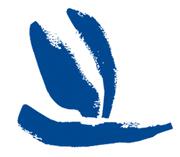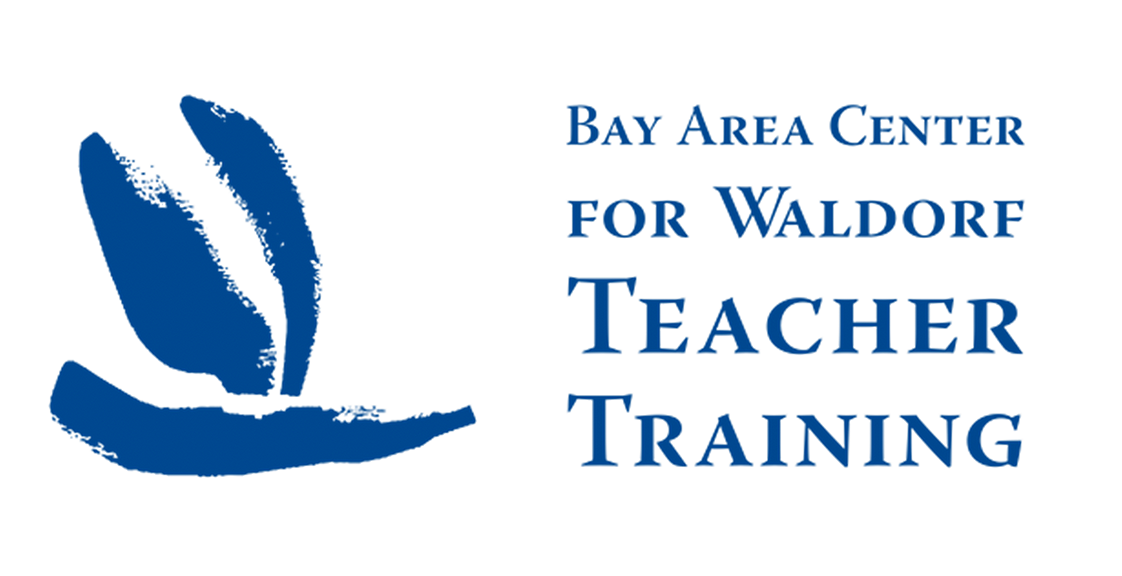Dear BACWTT Students, Alumni, Friends and Colleagues,
Here is the Calendar of the Soul verse for this week:
Verse 50
To the human I there speaks,
Mightily itself revealing
And setting free the forces of it nature
Joy in growth of world existence:
‘On you my life bestowing
From its enchanted bondage
I reach my own true aim.’
Again in this week’s verse, we hear something being given voice. It speaks directly to the human “I” – thoughts concerning “my own true aim.”
This idea underlies much of our work out of Anthroposophy. It is a common denominator, if you like, a common understanding of human nature out of which a whole body of understanding and practice arises.
I am going to try to put this succinctly in my own words:
- We are, in fact, beings of body, soul and spirit.
- Before incarnating, we have had another existence.
- In the process of coming into this life – being born – our modern condition and constitution has the effect that we must forget all knowledge of an existence before birth.
- This forgetting or “enchanting” effect that takes place obscures our knowledge of the tasks and goals of this life that we set ourselves.
- We do have the possibility to remember and to “disenchant” this unfree situation.
- It is possible to free up this condition so that we can sense our deeper purpose.
- We can strive to allow this sensing to give us our life’s direction.
Then, it might be possible that “I reach my own true aim.”
These ideas underlie the fundamental approaches of Waldorf education:
- The child is not a blank slate.
- Education is not all about facts and information, but about inspiring, awakening, remembering.
- The child has a self-directed goal that they are working towards. We, as teachers, are helpers supporting the awakening/remembering of this aim.
- Education can be “less than helpful” if it buries the child’s awakening to their own life’s work under loads of information and materialistic goals.
Clearly, there is a very fine line that we must walk as teachers to provide knowledge, to not hold back information, to not disadvantage a child in any way with regard to access to information; but, at the same time, to care for and support the inner listening they need to do, so that they do not become lost, do not lose themselves in the process, to access their own deep sense of direction.


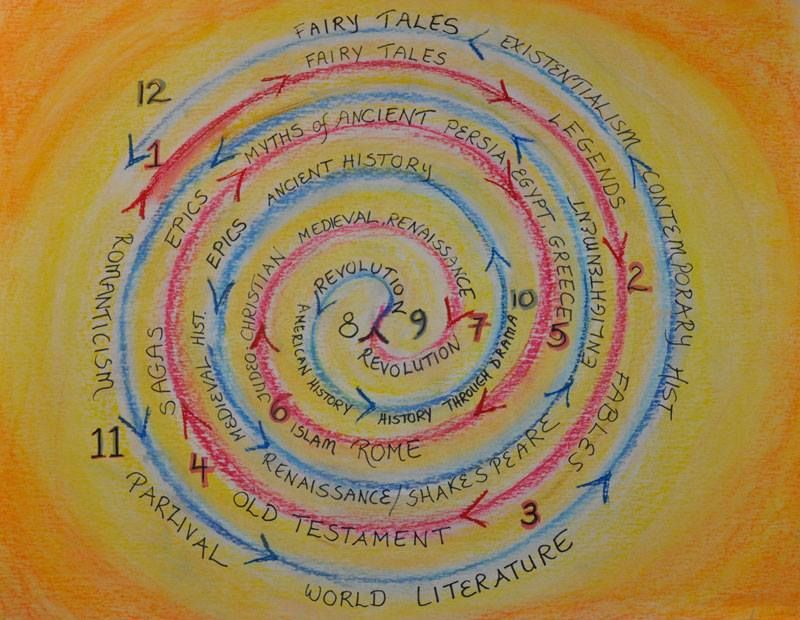
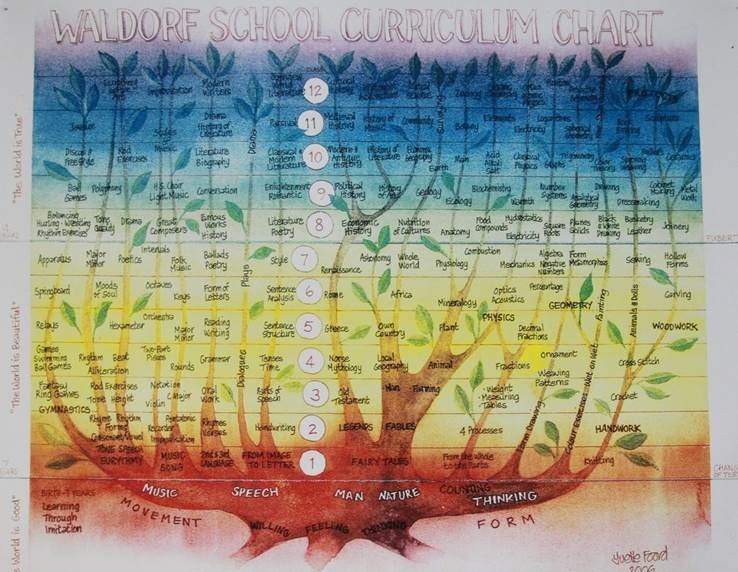
These ideas and images about the curriculum are attempts to articulate the quality of learning as unfolding, as organically growing, of the complex multitudes of interconnected layers that need to grow simultaneously – and the idea that none of this happens in a straight line!
From Rudolf Steiner, we get an idea of the changes that took place in human consciousness through the epochs. In ancient Greek times, human consciousness began to shift from a religious relation to the world to a more philosophical/thinking relationship to the world. At this same time, a new “form” appears in ancient Crete – the labyrinth.
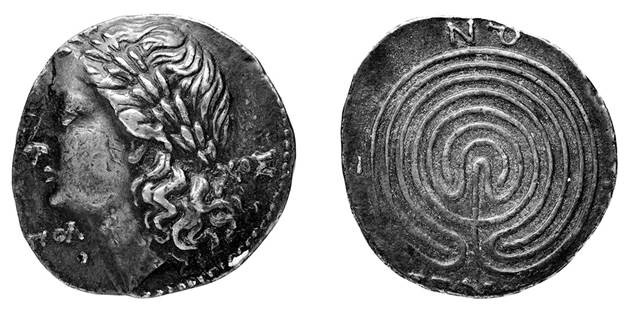
The labyrinth expresses a new experience of the life’s path – of the twists and turns of fate, of the possibility to become irrevocably lost and entangled in the profusion of the material world. It expresses an awareness of the risks that the new capacities of knowing the world through thinking have created. As educators, we should be able to work with this image as a guide in leading the young into the world of knowledge. Every step forward in knowledge is a step deeper into the labyrinth and potentially a step towards forgetting our own true aim. It is the condition we are in; it is the nature of the world. There is no avoiding this situation, but knowing this will help guide our hand that holds the tiller of the learning process.
In the Greek legends, it is Theseus, who because of the love of Ariadne is able to overcome the power of the labyrinth and become the mythical king and founder-hero of Athens. Read the story of danger, love and betrayal that it encompasses: https://en.wikipedia.org/wiki/Theseus
This story is filled with imagery and metaphors for the education of the young today, when we consider it in terms of the theme of this week’s verse. During the time that we have them with us at school – at the same time as we are leading them into this material world – are we also able to provide them with Ariadne’s red thread to find their way out again, to recall where they came from and why? Are we able to provide the tools for this perilous journey?
The expression “moral compass” is another more modern concept for this. It contains the image of “navigating through” instead of “going back,” as in the Theseus legend. Wrapped up in this idea of having a “moral compass” is the idea of having something that thoroughly connects you to the world, to its inner aspects as well as its outer aspects, to having grown up and been educated in such a way that one experiences the world “fully.” To navigate life requires an instrument that has on its dial the richness, beauty, complexity of both the outer and the inner world, as well as the outer and inner perils, obstacles and pitfalls. True North on this imaginary instrument is “my own true aim.”
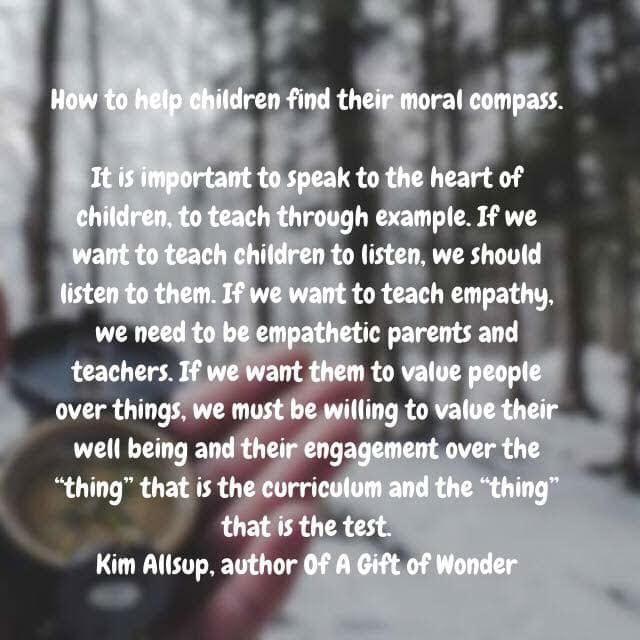
You might be interested to read Kim Allsup’s posts here: https://childrengrowing.com/2018/09/21/this-is-how-to-help-children-find-their-moral-compass/
In a popular movie series, the main character, Captain Jack Sparrow, has possession of a magical instrument, a compass, which is a parody of something deeply true. Beneath the comedy and tomfoolery, this magical compass – which doesn’t point to physical, true north, but rather to the true north of the person’s heart, or to that which they most desire – is an image of something real and which must be cultivated in real life. The adults and the educators of the young have to help grow and develop this invisible instrument. Although we certainly can’t hold up the character of Jack Sparrow as an example of someone having a “moral compass,” it is interesting to consider the instrument in the story that follows other laws, that is able to pick up on the hidden, inner striving and searching that the person cannot articulate.
There is another aspect to the verse this week, expressed in the line “Joy in growth of world existence,” that has to do with all of the activity of nature in spring – all the energy and activity that is taking place, of coming into being. It is a reminder that the coming into being of the child is also a cause for celebration; there is joy at the birth of the child.
These two gestures in the verse go hand in hand: joy of coming into being, reaching for true aim.
Here is the well know poem, “Ode: Intimations of Immortality from Recollections of Early Childhood” by William Wordsworth. The first part is often quoted, but we can easily miss the importance of the next part: “Shades of the prison-house” and “fade into the light of common day.”
“Our birth is but a sleep and a forgetting:
The Soul that rises with us, our life’s Star,
Hath had elsewhere its setting,
And cometh from afar:
Not in entire forgetfulness,
And not in utter nakedness,
But trailing clouds of glory do we come
From God, who is our home:
Heaven lies about us in our infancy!
Shades of the prison-house begin to close
Upon the growing Boy,
But he beholds the light, and whence it flows,
He sees it in his joy;
The Youth, who daily farther from the east
Must travel, still is Nature’s Priest,
And by the vision splendid
Is on his way attended;
At length the Man perceives it die away,
And fade into the light of common day.
Wordsworth’s lines remind us of the importance of “I reach for my own true aim.” The teacher has a role that does not simply accompany the child as he or she “daily farther from the east/Must travel,” but ensures that there is a ball of red thread and a compass of the heart stowed away in their backpack for the long journey into the west.
Ken
Kenneth Smith
Director
BACWTT

